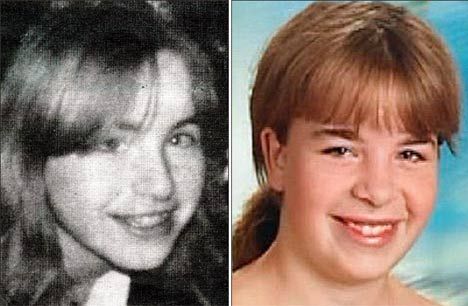In an hour-long testimony to the court, based on extensive interviews she carried out with Fritzl last year, Kastner said that his behaviour had its roots in his troubled childhood, describing a mother who did not love him, who left him to cry when he was in pain, who regularly beat him and left him on his own for hours at a time. "Herr Fritzl spent most of his childhood in a severe state of anxiety," she said.
基于她去年對Fritzl進行的密集訪談,Kastner在一小時的法庭證詞中說明了他的行為根源于混亂的童年,她描述了一個不愛他的母親,在他疼痛時留下哭泣的他離開,經(jīng)常打他,不時丟下他數(shù)小時獨自一人。“Herr Fritzl的童年幾乎都是在強烈的焦慮中度過的,”她說。
She described how his mother Maria, who herself had been fostered as a child, had had him "solely in order to prove to the world that she was not infertile" following a marriage which broke up because it produced no children.
她描述了他的母親Maria如何在一段因無子而破裂的婚姻后生了他,“純粹是為了向全世界證明她可以生孩子”。
"Herr Fritzl was a 'proof child', an 'alibi child'," she said, adding that this "was his only function as a child". "As a consequence he was a burden to her, something she was forced to look after". She said that Fritzl, now 73, struggled throughout his childhood to form a relationship with his mother but that "it was impossible to build up any sort of bond of trust with her".
“Herr Fritzl是一個被作為‘證據(jù)’的孩子”,她說,并補充說這是“他作為一個孩子唯一的功能”。“結(jié)果他對她而言是個負(fù)擔(dān),是她被迫要去照顧的某個東西。 ”她說,現(xiàn)年73歲的Fritzl童年時為了和母親建立關(guān)系百般努力,但是“和她建立信任連結(jié)是不可能的”。














